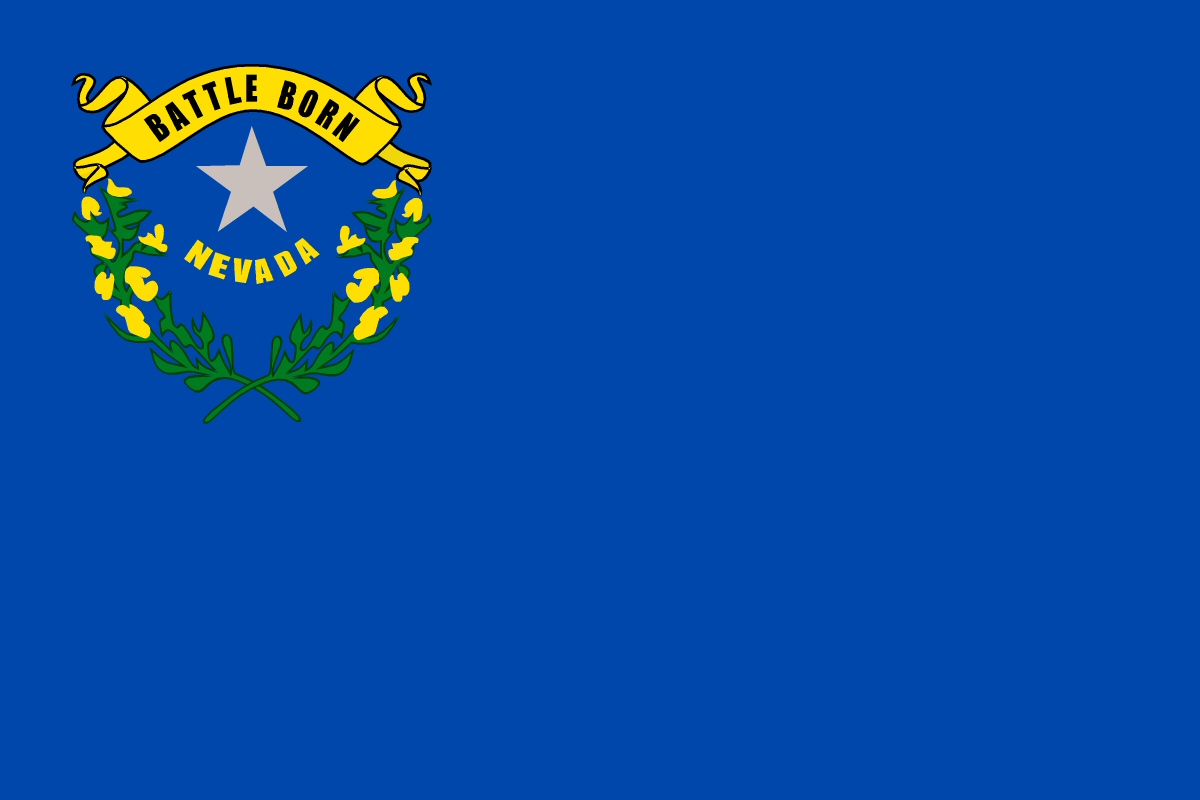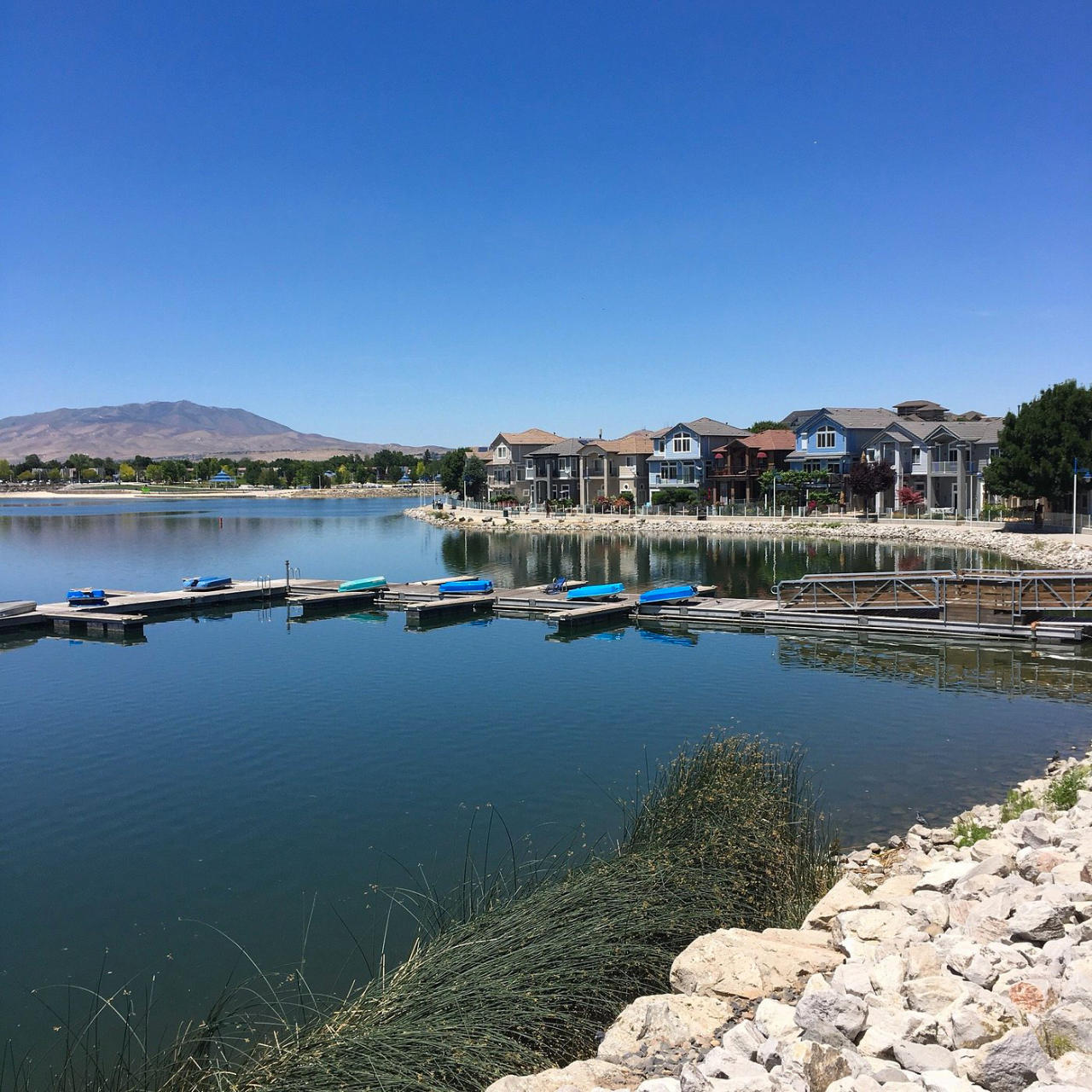State of Nevada Short-Term Rental Regulations
Short-term rental regulations vary depending on the location and may include zoning laws, occupancy and safety standards, taxation, licensing, and insurance requirements review our guides for more information specific to your city.
Reviewed by Derick Hargrave
Last updated September 23, 2023

Overview of Nevada Short-Term Rental Regulations
Information is maintained by the community to provide helpful insights and links to local regulations, HostScouts does not provide legal or investment advice.
Nevada saw over 50 million visitors last year, lured by attractions like the Las Vegas Strip, Lake Tahoe, Red Rock Canyon, Reno, and more. Many opt to stay in short-term rentals for added space and convenience when traveling. For property owners, listing on sites like Airbnb, Vrbo, and Vacasa provides income amid high tourism demand. However, hosts must navigate evolving regulations in this popular vacation state. This guide covers licensing, taxes, safety rules, insurance mandates, and other short-term rental requirements across Nevada. Use it to successfully comply and avoid penalties.
Defining Short-term Rentals in Nevada
Nevada's localized approach defines and regulates short-term vacation rentals across different counties and municipalities. However, some commonalities emerge.
What Qualifies as a Short-term Rental?
Nevada jurisdictions tend to define short-term rentals as housing units rented out for periods of less than 30 consecutive days. This covers typical vacation home and room rentals.
Short-term vs. Long Term Stays
Stays exceeding 30 days usually constitute long-term residential tenancies rather than short-term lodging stays. Different laws apply to each classification across Nevada.
Common Terminology
Listings may be described as vacation rentals, short-term lets, Airbnbs, homestays, or others. But under 30 days falls under short-term rental rules in most areas.
Starting a Short-term Rental Business in Nevada
Launching a new Nevada STR involves steps like checking local rules, evaluating property eligibility, obtaining required licenses, and listing your property.
Checking Local Zoning and HOA Regulations
Ensure short-term rentals align with zoning codes for the property’s neighborhood. Also, confirm that HOA bylaws allow STRs before listing. Some prohibit them.
Applying for Required Local Licenses
Many Nevada jurisdictions require hosts to obtain a permit or license to operate a short-term rental. Application requirements and fees vary by location.
Registering for State Tax Obligations
You must collect and remit all applicable state and local taxes. Complete Nevada's online One Stop Business Portal registration for sales tax and other needs.
Evaluating Projected Revenue and Expenses
Factor in all licensing costs, taxes, utilities, insurance, furnishings, cleaning fees, and more as you carefully project income potential and ROI for your Nevada STR.
Listing Your Property on Booking Platforms
Once properly licensed and insured, list your Nevada rental across sites like Airbnb, Vrbo, Booking.com, and Vacasa to attract bookings from target tourism markets.
State-Level Rules for Nevada Short-term Rentals
In addition to taxes, Nevada state law also imposes some consistent safety regulations and requirements on short-term rentals across the state.
State Business License Requirement
Nevada requires those conducting business in the state, including Airbnb rental hosts, to obtain a state business license. Multiple jurisdictions may also require licensing.
Transient Lodging Tax Collection
Hosts must collect and remit all applicable transient lodging taxes. Rates vary across Nevada but often fall around 12%. Taxes fund tourism promotion.
State Safety and Operational Standards
Nevada statutes impose baseline requirements for proper water, sewage, sanitation, and fire safety at all licensed lodging establishments, including short-term rentals statewide.
Limitations on Local Regulations
Under Assembly Bill 363, Nevada limits how far counties and cities can restrict short-term rentals. They must allow them but can impose zoning and operational regulations.
Local Rules and Licensing for Nevada STRs
Under Nevada law, jurisdictions have the authority to enact regulations and licensing schemes tailored to their communities. Here are some common examples:
Conditional Use Permits in Unincorporated Areas
Counties often require owners to obtain a CUP to operate vacation rentals in unincorporated areas not governed by a municipality.
Owner-Occupancy Requirements
Some areas only allow short-term rental of owner-occupied properties, like Las Vegas. Non-owner-occupied homes cannot be rented without re-zoning.
Limits on Total STRs Permitted
Some jurisdictions cap the number of non-owner-occupied short-term rentals allowed through licensing. This prevents saturation.
Registration, Licensing and Permit Fees
Cities and counties charge hosts annual registration, licensing, or permit fees to operate short-term rentals legally in their jurisdiction. These often range from $100-$500.
Safety and Legal Standards for Nevada STRs
Short-term rentals listed in Nevada must comply with codes and regulations covering guest safety, health, zoning, nuisance issues, and more.
State Health and Safety Regulations
In addition to business licensing, Nevada imposes requirements like water quality standards, proper wastewater disposal, and fire safety codes.
Local Building, Electrical and Construction Codes
Hosts must ensure their short-term rental complies with applicable local building codes through required inspections and permits.
Pool, Hot Tub, and Outside Area Rules
STRs with pools, hot tubs, and other outside amenities must adhere to stringent safety standards, fencing, gates, signage, and lighting rules.
Occupancy, Noise and Nuisance Ordinances
Local regulations restrict maximum guest occupancy and often prohibit loud gatherings, parties, or events at short-term rentals. Review all ordinances.
Taxes on Short-term Rentals in Nevada
In addition to nightly rental income, hosts must factor applicable taxes into their Nevada STR operating budgets and financials.
State Sales and Transient Lodging Taxes
Nevada charges hosts both sales tax (6.85%) and transient lodging taxes (10-13%) on short-term rentals. Combined rates often total around 12%.
Local Room Tax on Short-term Rentals
Some counties and cities charge an additional local room tax on STRs ranging from 1-3% on top of state lodging taxes. Ensure you meet all tax obligations.
Reporting and Remitting Requirements
Hosts must report occupancy rates, room rates charged, and taxes collected monthly or quarterly. They must also remit the taxes due on schedule.
Income Taxes on Gross Rental Revenue
In addition to lodging taxes, short-term rental revenue is subject to federal and Nevada state income taxes. Remember to report profit accurately.
Penalties for Tax Underpayment or Evasion
Nevada imposes stiff interest, fines, and penalties for those who improperly report or intentionally evade taxes owed on short-term rental revenue.
Insurance Requirements for Nevada Short-term Rentals
Properly insuring a Nevada short-term rental is crucial yet often overlooked. Be sure to evaluate these key insurance considerations:
Review Existing Homeowners Insurance Policies
Most standard homeowners insurance excludes commercial activity like short-term rentals. Confirm if your existing coverage applies. Don't assume you're covered.
Explore STR-Specific Insurance Options
Consider insurance designed specifically for short-term rentals, including liability, property damage, lost income, liability gaps, and other protections missing from standard policies.
Navigating Nevada's evolving patchwork of local rules takes diligence but puts hosts on solid legal and financial footing. Do extensive homework before listing any properties, understand tax obligations, and secure proper insurance. Follow this guide to help your Nevada STR succeed.
Nevada Airbnb Regulations by City
Information is maintained by the community to provide helpful insights and links to local regulations, HostScouts does not provide legal or investment advice.







